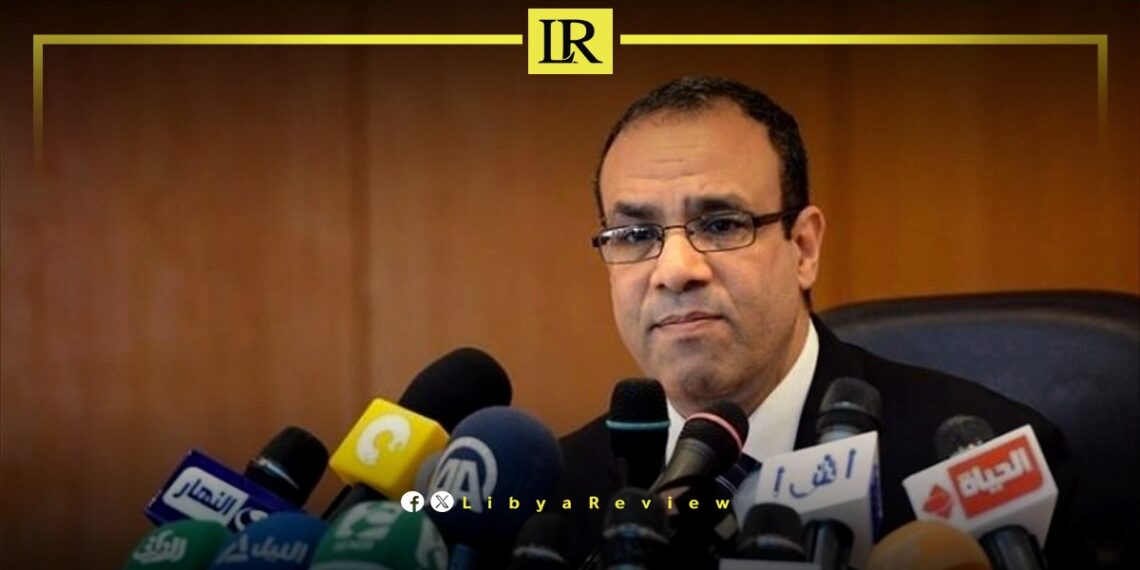Egypt’s Foreign Minister Badr Abdelatty emphasised on Monday Egypt’s ongoing endeavors to facilitate resolution efforts in Libya, alongside other regional crises. Speaking at a sideline meeting in Kigali with his Rwandan counterpart Olivier Nduhungirehe during the inauguration ceremony of President Paul Kagame, Abdelatty underscored Egypt’s commitment to African-centric solutions for continental issues, specifically highlighting the complex political situation in Libya.
Since March 2022, Libya has been governed by two administrations: the internationally recognised Government of National Unity (GNU) led by Abdel-Hamid Dbaiba in Tripoli, and the eastern-based government appointed by the House of Representatives, headed by Prime Minister Osama Hammad in Benghazi. The political divide has escalated tensions, impeding the long-awaited presidential and parliamentary elections. Disagreements over election laws and oversight continue to thwart progress towards unification.
Abdelatty’s statements at the Kigali meeting underline Egypt’s vital role in mediating conflicts in its neighboring states, demonstrating a strategic inclination towards bolstering stability in North Africa. The ongoing political deadlock in Libya, with dual governments operating, has drawn Egypt’s diplomatic focus as it seeks to navigate a viable pathway towards peace and coherent governance in Libya.
Libya has been in chaos since a NATO-backed uprising toppled longtime leader Muammar Gaddafi in 2011. The county has for years been split between rival administrations.
Libya’s economy, heavily reliant on oil, has suffered due to the ongoing conflict. The instability has led to fluctuations in oil production and prices, impacting the global oil market and Libya’s economy.
The conflict has led to a significant humanitarian crisis in Libya, with thousands of people killed, and many more displaced. Migrants and refugees using Libya as a transit point to Europe have also faced dire conditions.
The planned elections for December 2021 were delayed due to disagreements over election laws and the eligibility of certain candidates. This delay has raised concerns about the feasibility of a peaceful political transition.
Despite the ceasefire, security remains a significant concern with sporadic fighting and the presence of mercenaries and foreign fighters. The unification of the military and the removal of foreign forces are crucial challenges.


